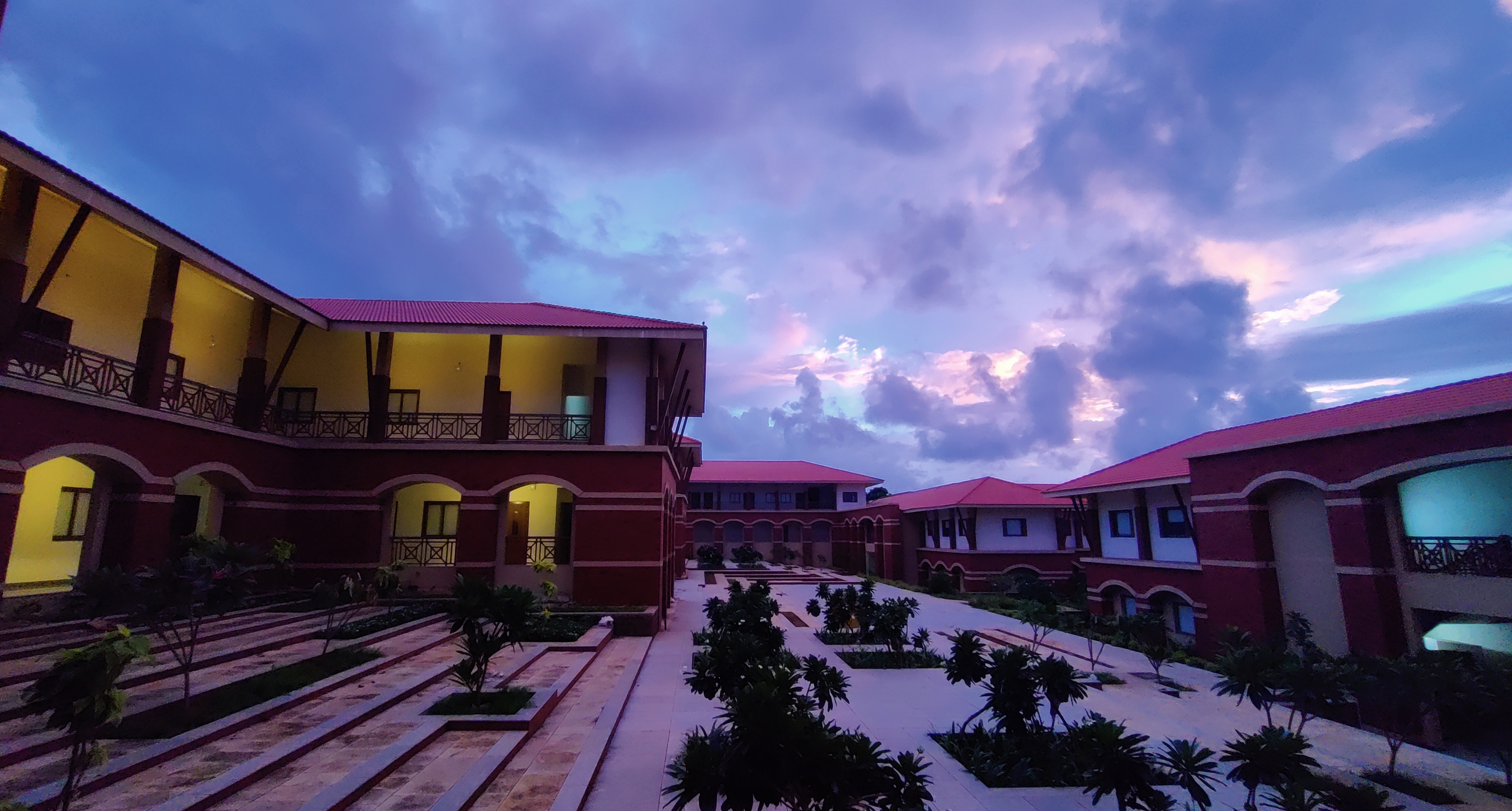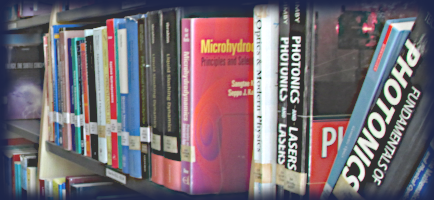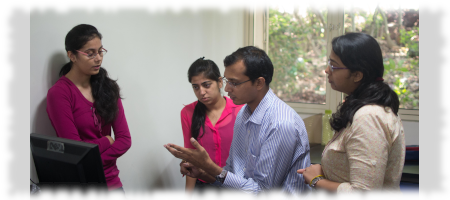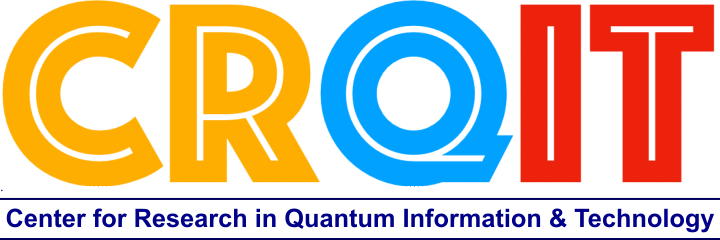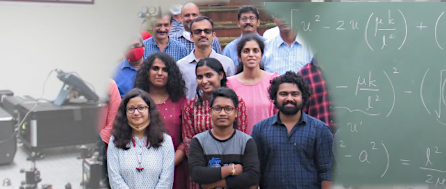- Home
-
Academics
- M.E.(Sanitation Science, Technology and Management)
- M.E.(Embedded Systems)
- M.E. Chemical Engineering (with specialization in Petroleum Engineering)
- M.E.(Microelectronics)
- M.E.(Biotechnology)
- M.E.(Chemical)
- M.E.(Mechanical)
- M.E.(Design Engineering)
- M.E.(Computer Science)
- M.E.(Environmental Engineering)
- Admission
- Research & Innovation
- Department
- Faculty
-
Students
- Centers
-
Alumni
- Quick Links








